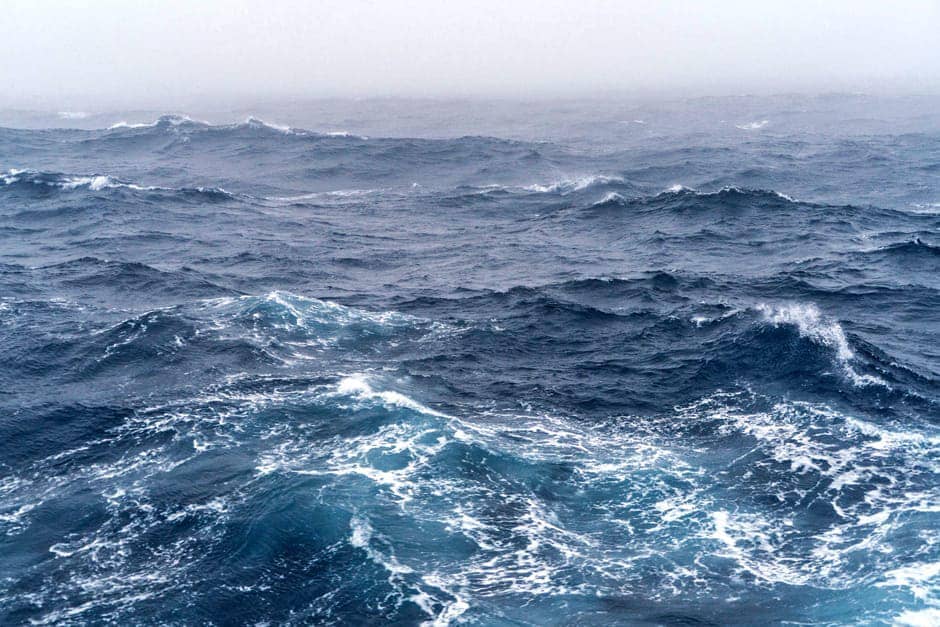
A Fisheries Observation: Rough Seas in December by Brent Simon
Historically, Antigua experiences heightened sea state hazards from December to February due to the trade winds surge common in the Caribbean “winter” months. These winds intensify as high-pressure systems in the North Atlantic interact with lower pressures near the equator. This results in stronger and more sustained easterly winds, generating large swells and rough seas.
Data shows that average December wind speeds range from 22 km/h (12 knots) which correlates to 13.8 mph to occasional gusts of 96 km/h (52 knots) equalling 59.8 mph during peak events. The persistent winds create waves exceeding 2 meters (6 feet), and sometimes even higher, particularly in open waters and on eastern and northern coastlines. This seasonal trend is consistent, with rougher seas often peaking in January and tapering off by March as atmospheric pressure differences diminish.
For the fishing industry this period is especially challenging. Small-scale fishers often face heightened risks, including capsizing and difficulties in launching or returning to shore safely. Historically, incidents involving overturned vessels are not uncommon during this time. Furthermore, the rough seas limit the ability to access prime fishing grounds, reducing catch yields and affecting income stability.
Fisherfolk often mitigate this by focusing on nearshore fishing and/or utilising brief windows of better weather which might sometimes last for only several hours. This period is also used for repairs and rebuilding of gears and vessels, due to a decline in profitable trips as a result of the perilous conditions. These conditions typically last though late February or early March, aligning with the seasonal decline in trade wind strength. However, the specific duration and intensity vary annually depending on global climate factors like the North Atlantic Oscillation.
As the weather patterns grow more and more unpredictable during this season, it is essential for all fishers in Antigua to prioritize safety before heading out to sea. The ocean can be as unforgiving as it is abundant, and even seasoned fishers can find themselves in peril if they neglect key precautions. Adhering to safety regulations and staying informed about weather conditions is not just a legal obligation – it is a matter of life and death.
Before launching, ensure your vessel meets all safety standards required by the Antigua and Barbuda Fisheries Division. This includes having a fully functional communication device, life jackets for everyone on board, and emergency equipment such as flares, first aid kits, and fire extinguishers. Regular maintenance of your boat and engines is equally crucial to avoid mechanical failure while at sea. Compliance with these measures is not only mandated by law but serves as your first line of defence against the unpredictable nature of the sea.
In addition to equipment checks, staying informed about weather forecasts is critical during this time of year when sudden storms and rough seas are more likely to occur. Make it a habit to listen to updates from the Antigua Meteorological Services or other reliable sources. One of these that I can personally recommend is the online forecast of Brian Shields (Mr. Weatherman). Avoid taking risks by venturing out in poor conditions, even if the prospect of a good catch seems promising. Remember, no haul is worth jeopardizing your life or the safety of your crew.

By following these guidelines and practicing caution, you can help ensure that your fishing trips are productive, safe and sustainable. The sea provides generously, but it demands respect. Let’s work together to protect lives and livelihoods in and on our waters.
Advertise with the mоѕt vіѕіtеd nеwѕ ѕіtе іn Antigua!
We offer fully customizable and flexible digital marketing packages.
Contact us at [email protected]
















